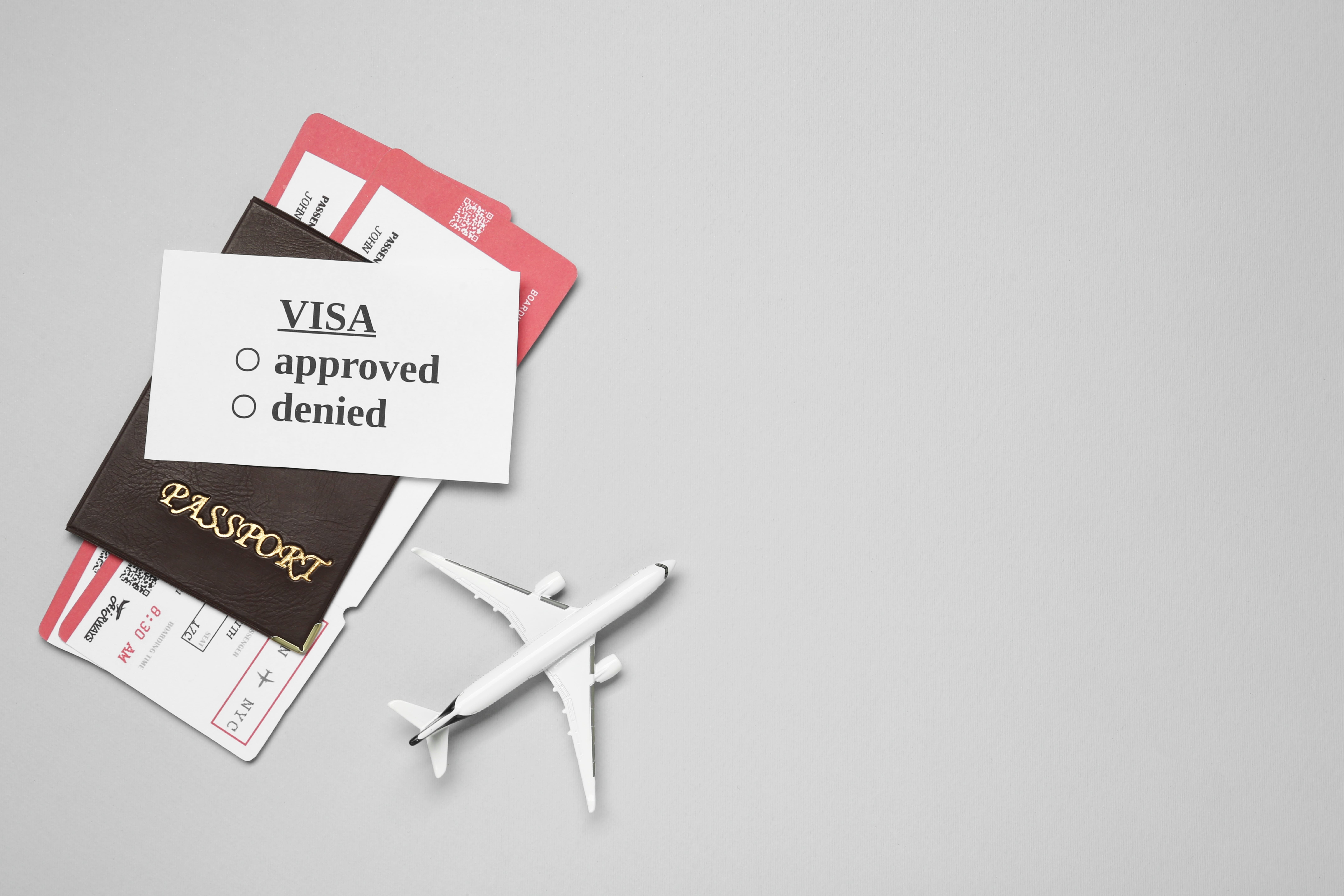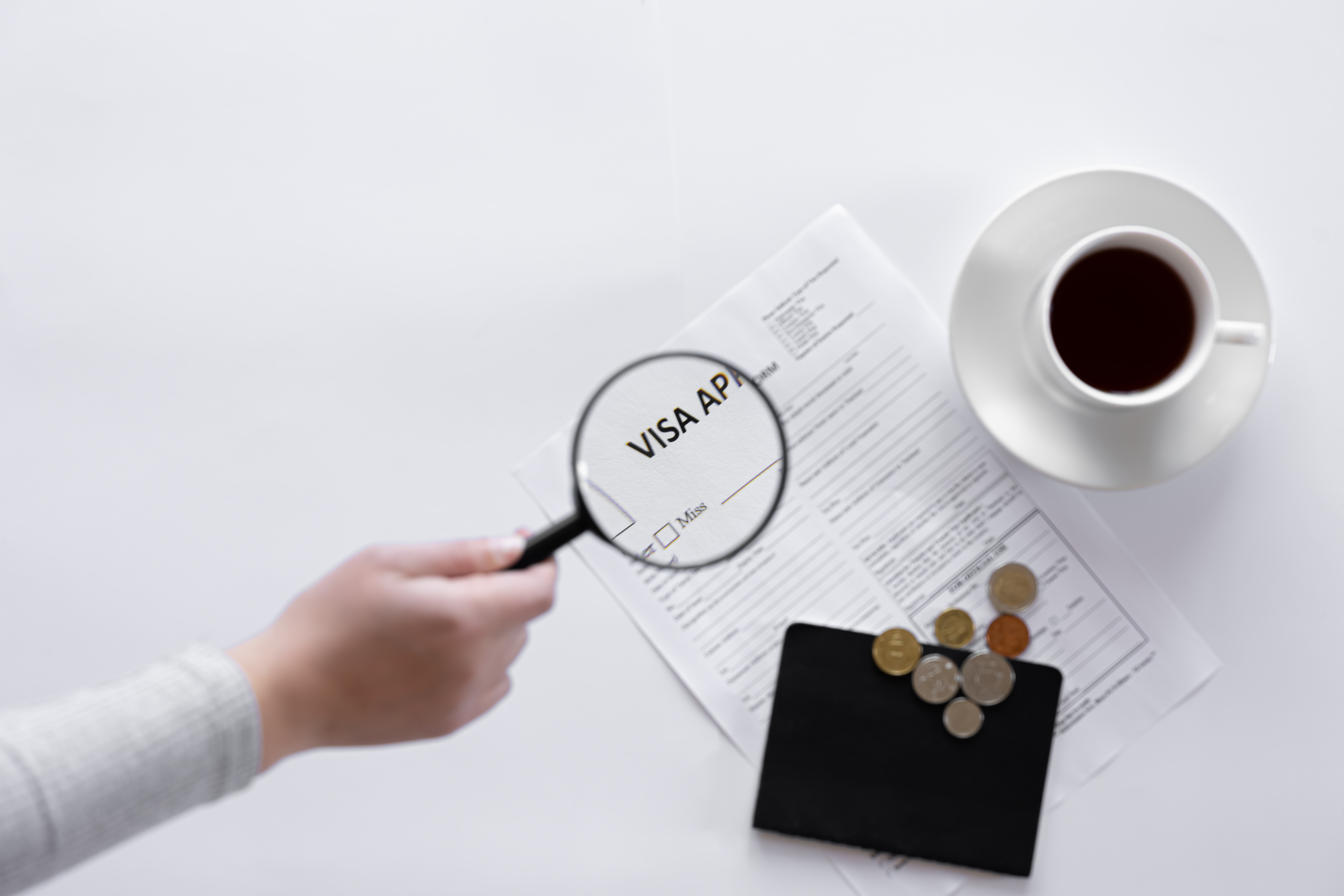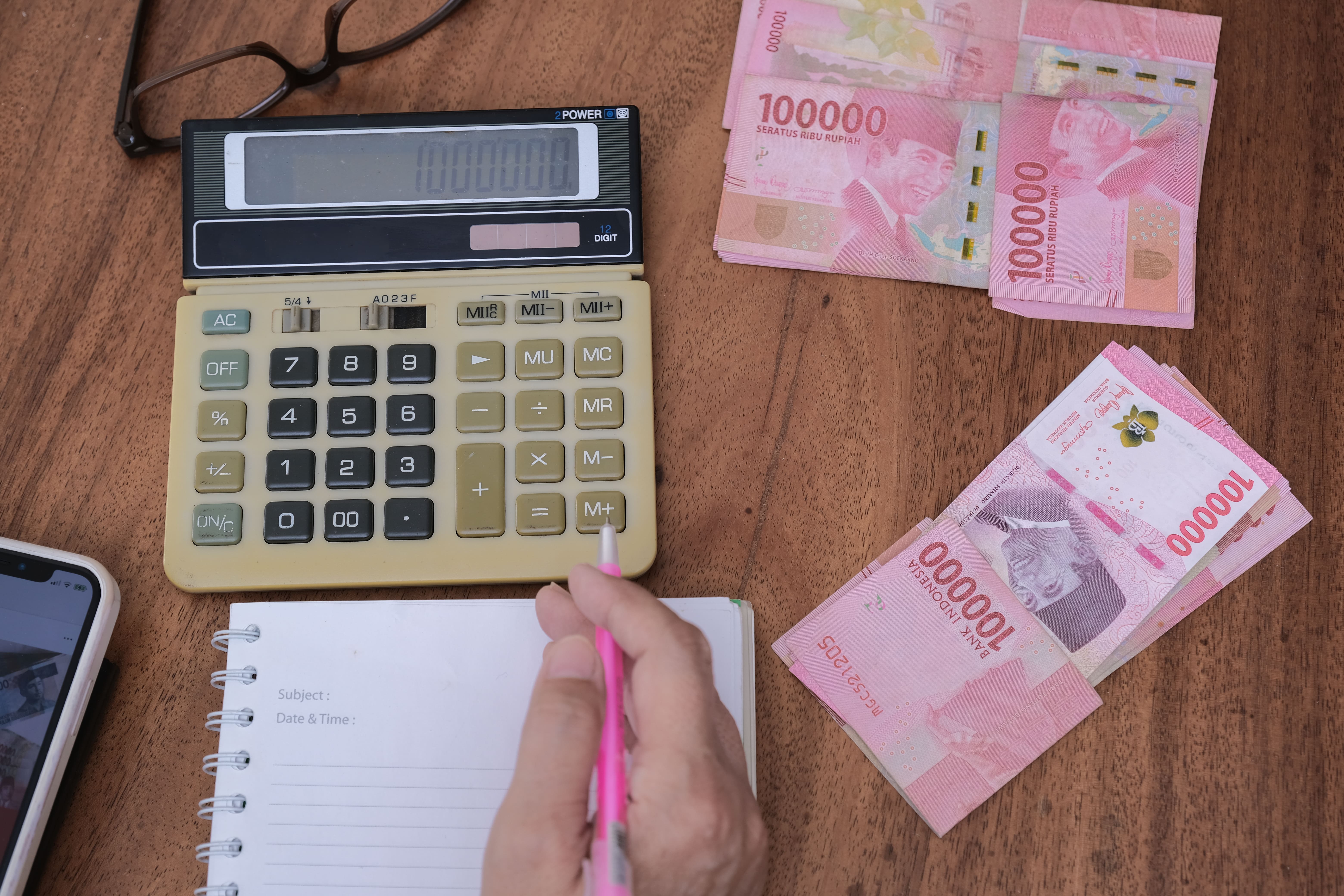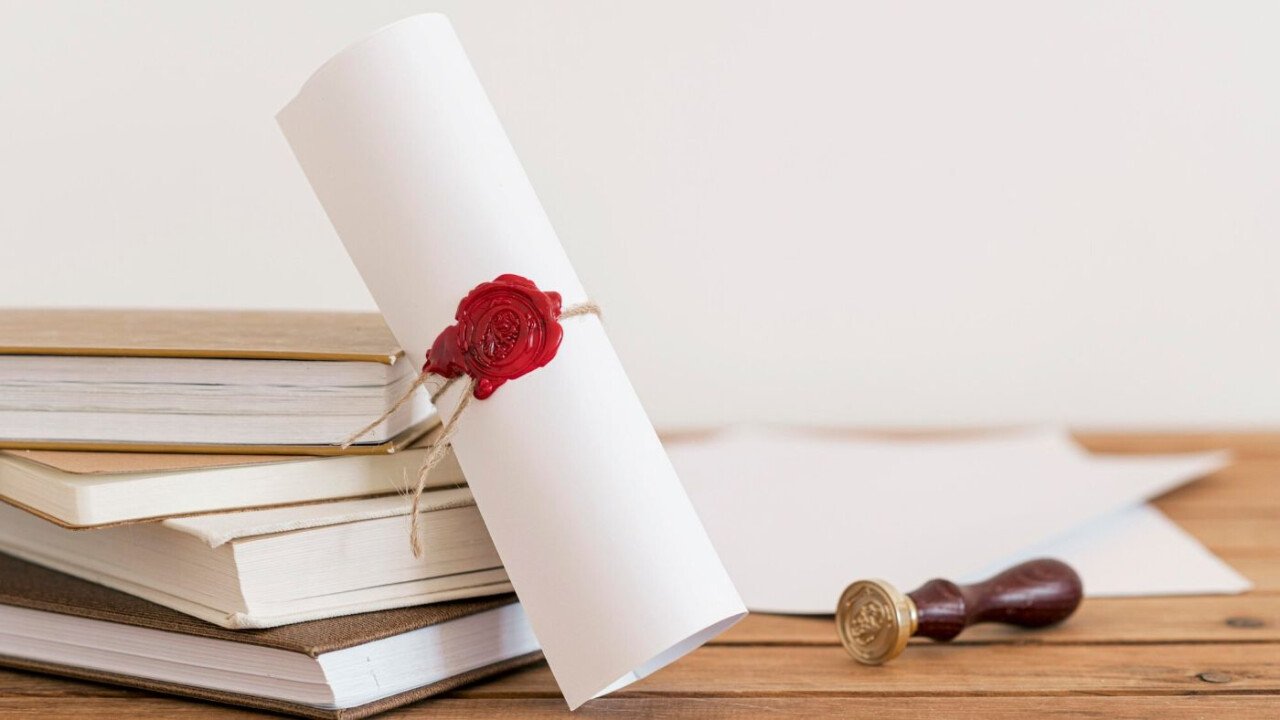Indonesia Introduces Mandatory Halal Certification: What Businesses Need to Know
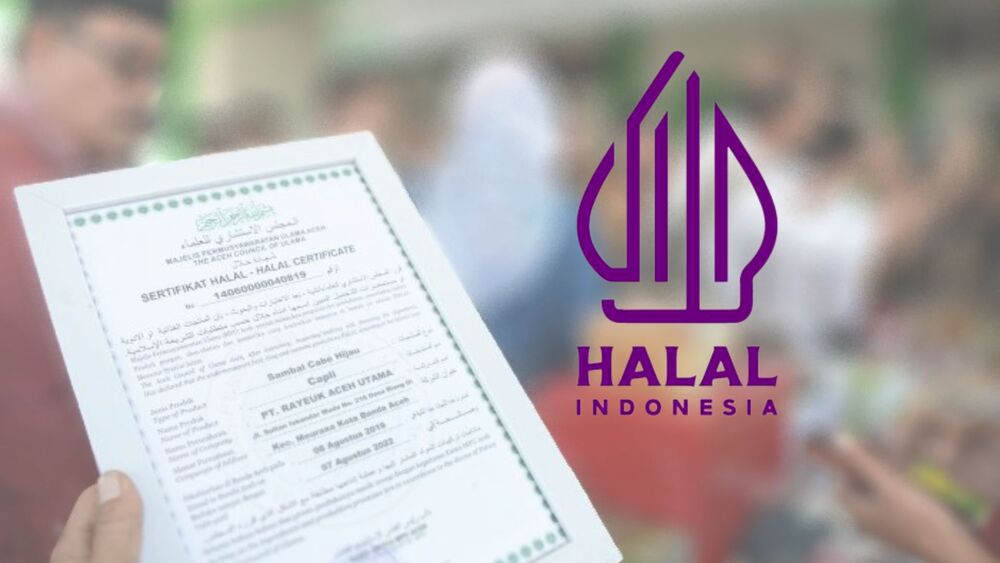
Starting 2026, Halal Certification Becomes Mandatory
Beginning in 2026, Indonesia will enforce a new rule: all food, beverages, cosmetics, and medicines must be halal-certified.
Products without a valid halal certificate will be considered non-compliant with the law.
The announcement came from Ahmad Haikal Hasan, head of the Halal Product Assurance Agency (BPJPH), during a meeting with media representatives and entrepreneurs.
Legal Framework
The new regulation is based on Law No. 33 of 2014, which requires halal certification for all consumer goods related to food, health, and personal care — including biotechnology, genetic engineering, and chemical industry products.
According to Government Regulation No. 42 of 2024:
Micro and small businesses must complete certification for food, beverages, meat, and slaughter services by October 17, 2026;
Requirements for other product categories are detailed in Article 161 of the same regulation.
What About Non-Halal Products?
Products containing pork or other forbidden ingredients cannot receive a halal certificate.
However, they may still be sold legally — provided that their packaging includes a clear label and special logoindicating the presence of prohibited substances.
Sanctions and Compliance
Failure to obtain certification or provide proper labeling will be treated as a legal violation.
Penalties range from official warnings and reprimands to license revocation and product withdrawal from the market.
The tourism sector in Bali will be among those most affected, as many local businesses offer food, wellness, and cosmetic products that fall under halal certification requirements.
Halal: Beyond Religion — A Global Standard of Quality
Hasan emphasized that halal today represents more than a religious obligation — it is a global mark of quality and consumer trust. Having a halal certificate strengthens a company’s reputation and opens access to international markets where demand for halal products continues to grow.
“Halal is not just a religious requirement — it’s an international standard of quality, safety, and respect for consumers,” said the BPJPH head.
Source:


